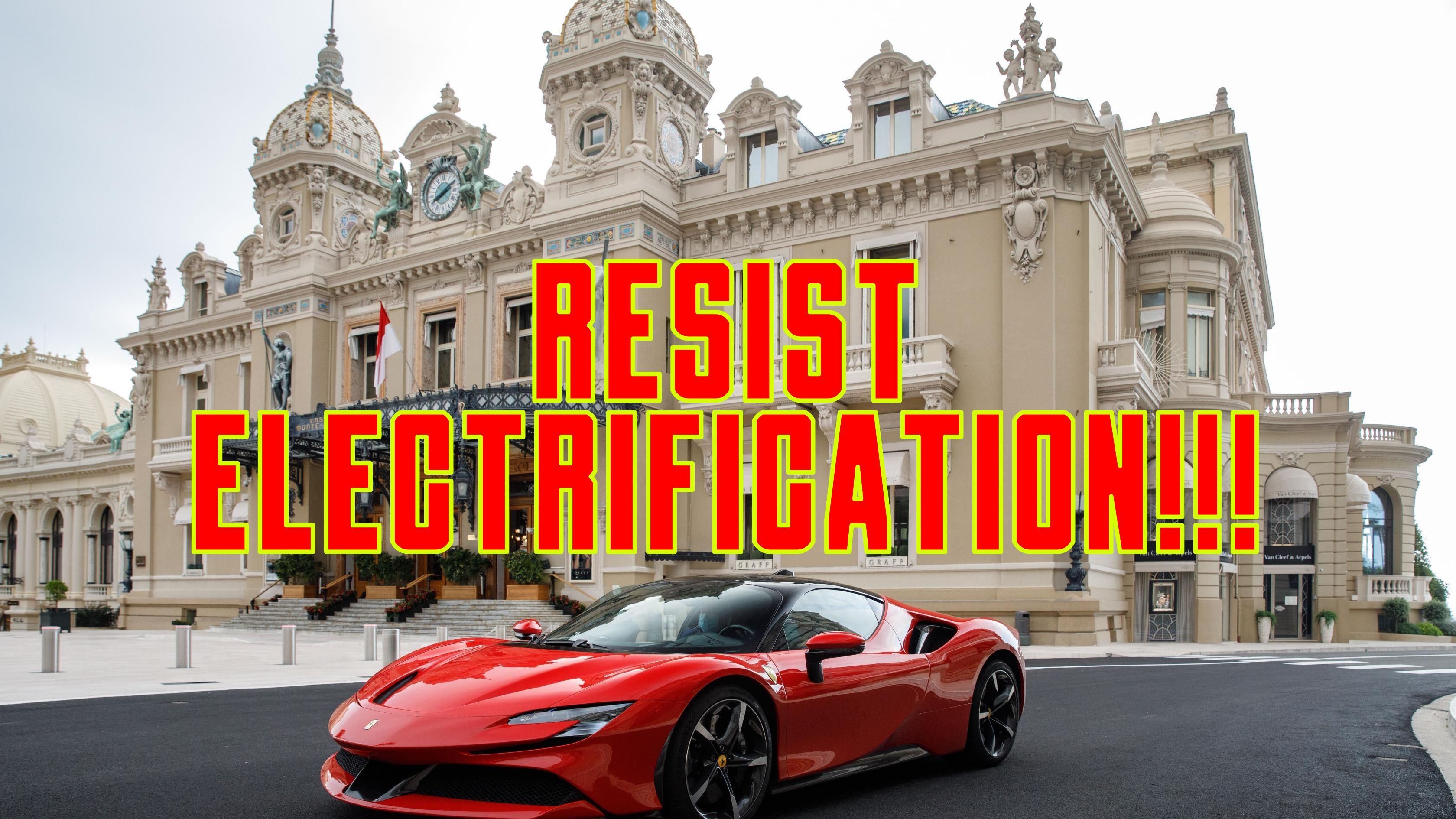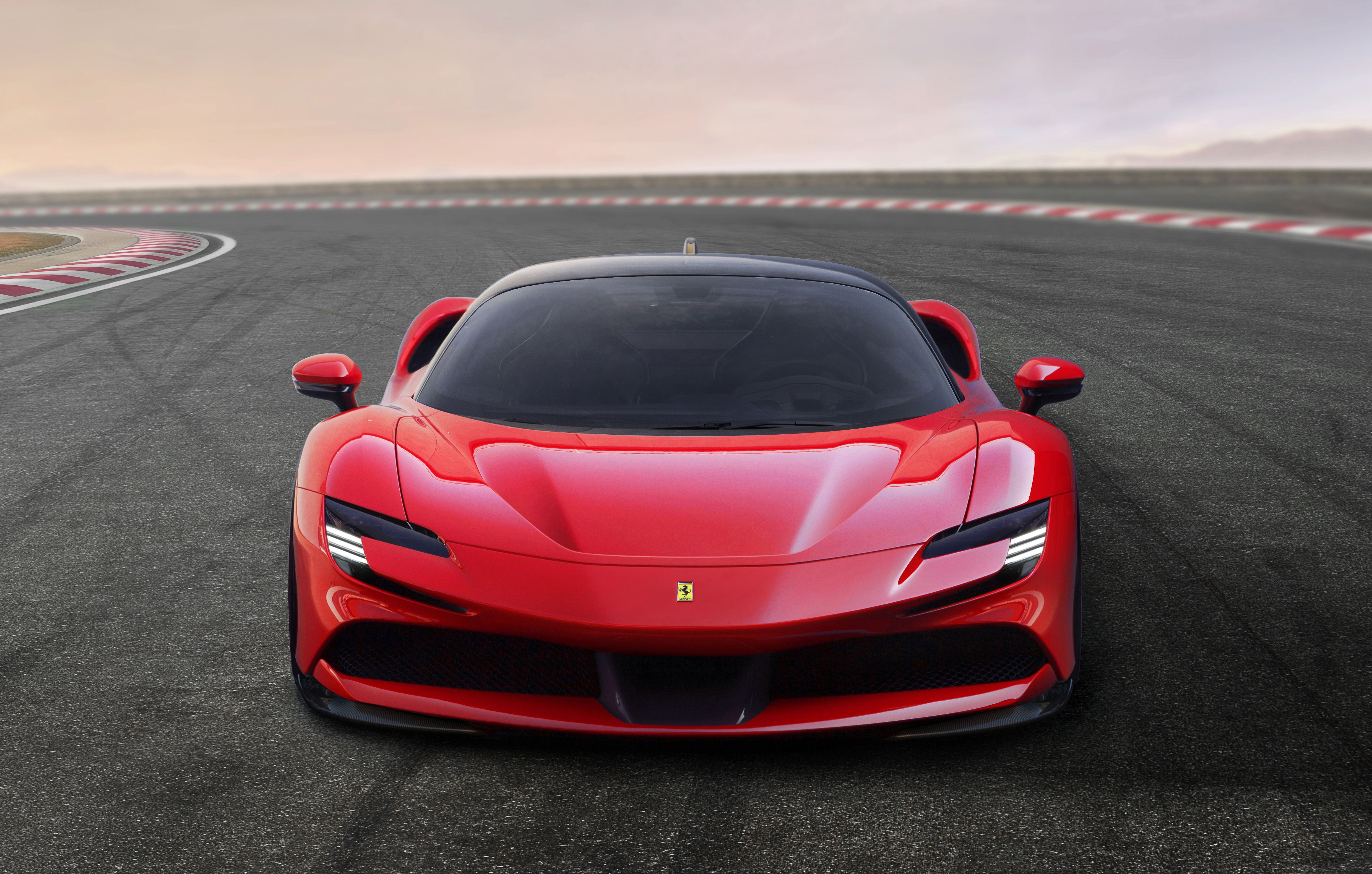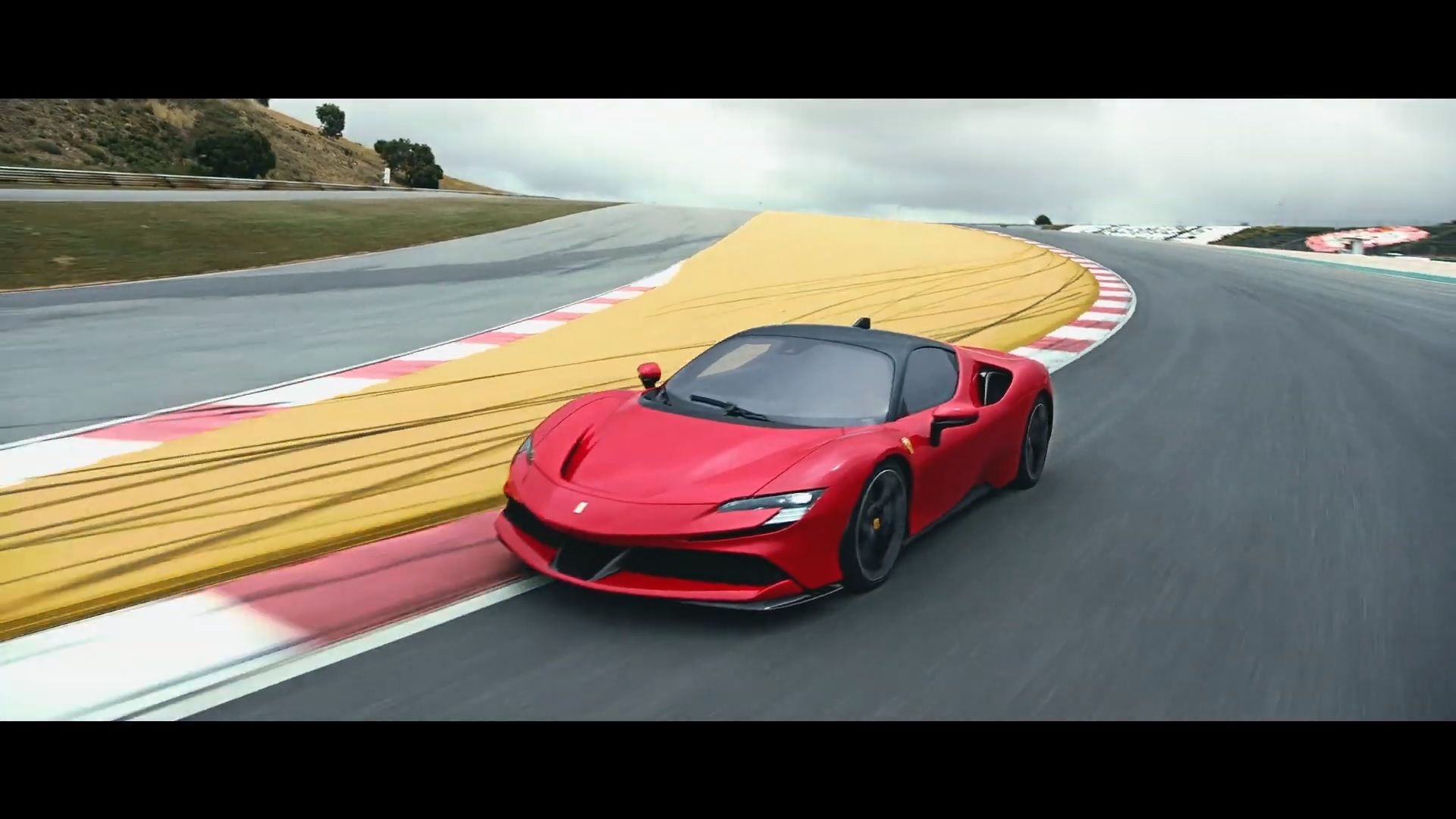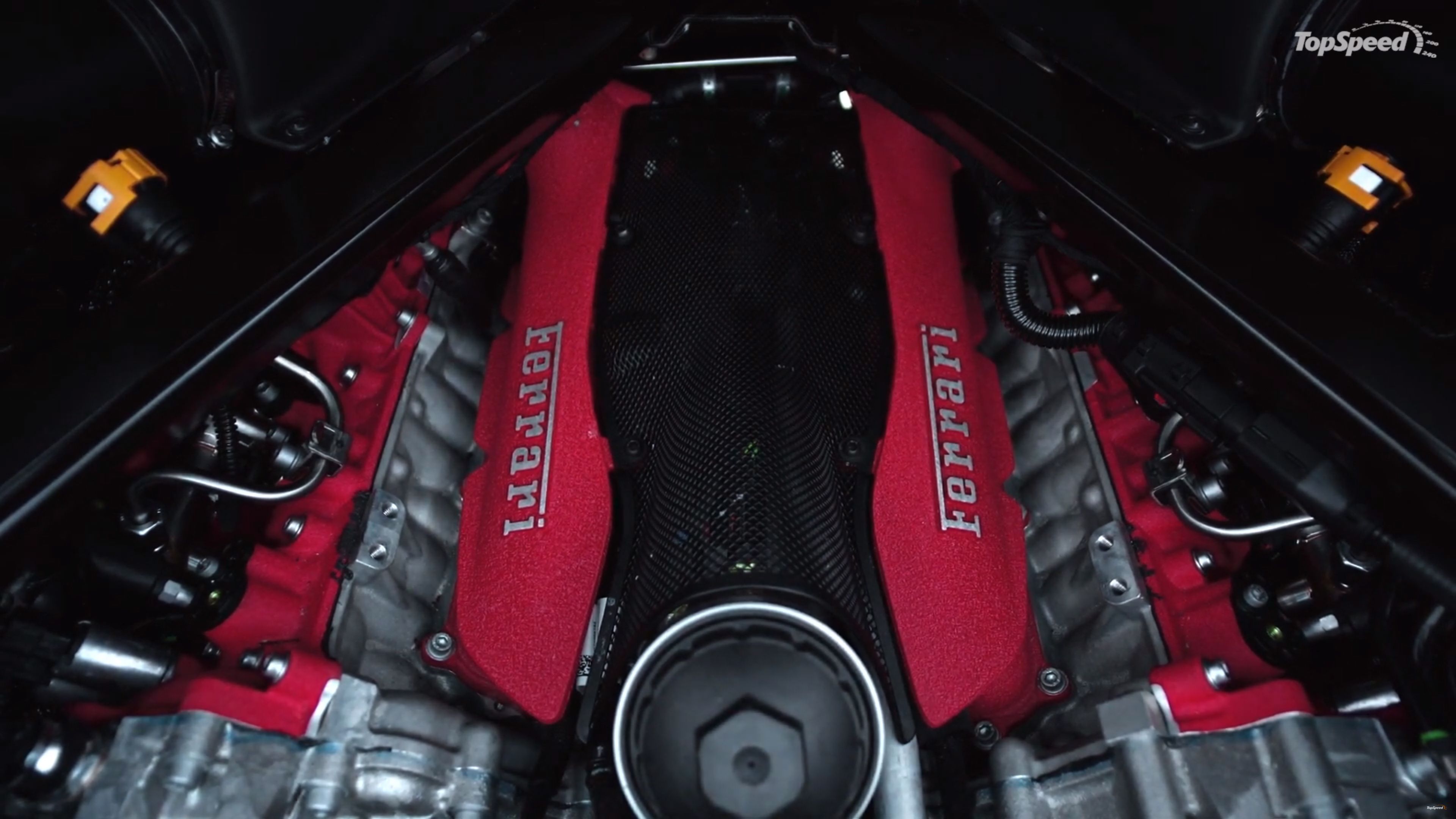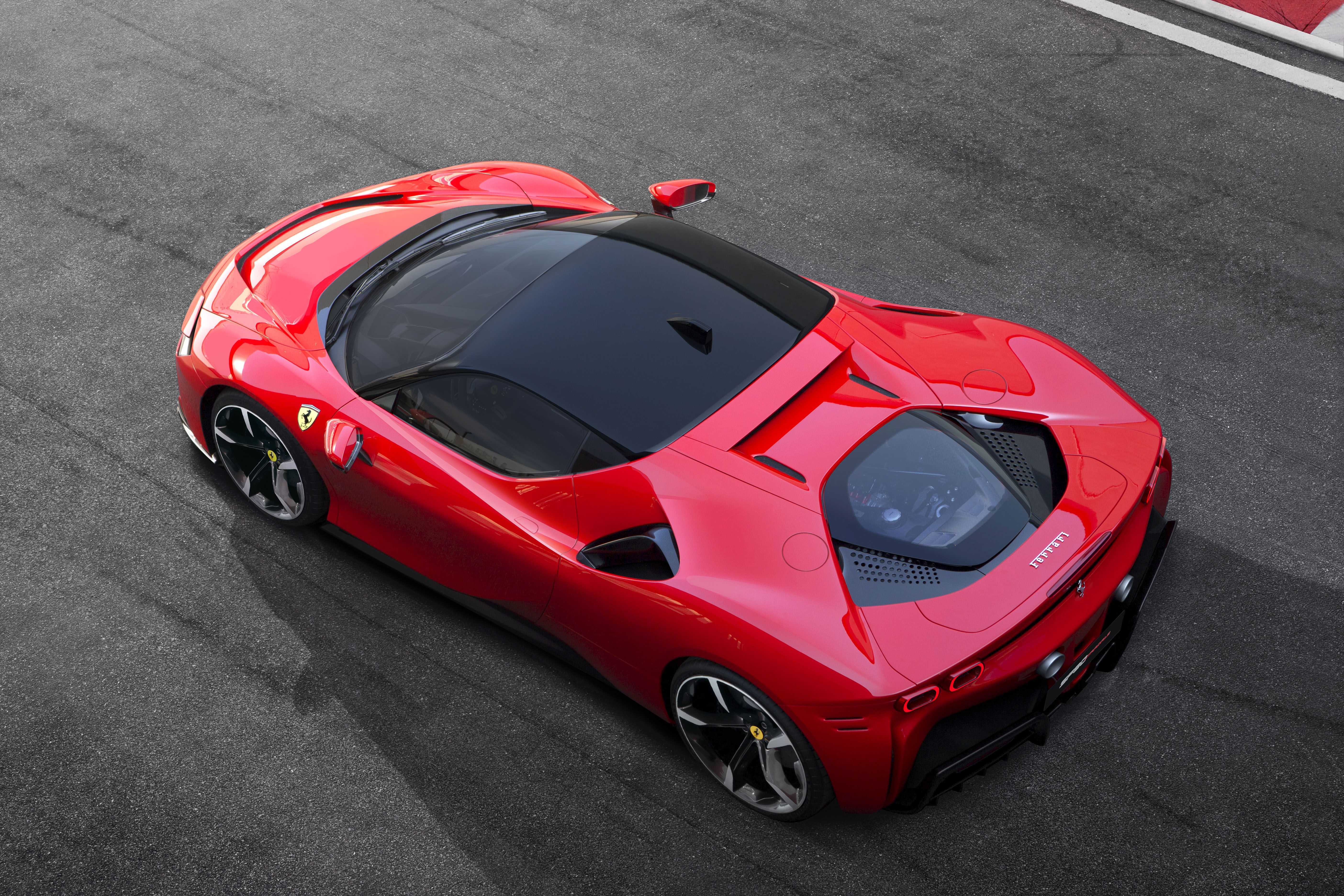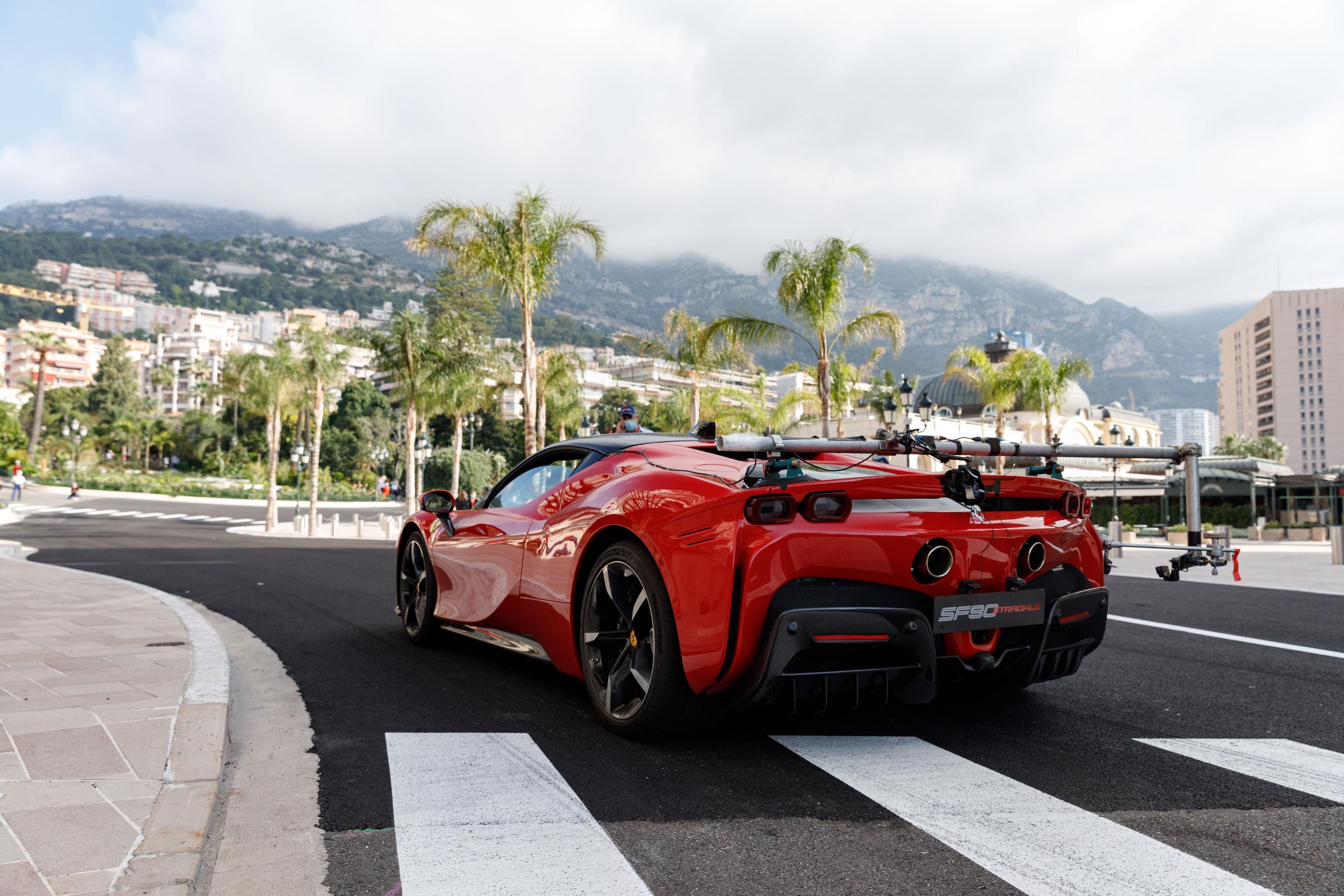2021 is just around the corner and pretty much every car company out there is working on ways to electrify their production models. Most conventional gas and diesel models are becoming mild hybrids, but we already have a big selection of plug-in hybrids to an all-electric cars to choose from.
It's generally predicted that by 2030 many production cars will be fully electric. However, Ferrari is still hooked on gasoline power and its CEO claims that Maranello will never go 100 percent electric.
Ferrari wants to keep the gasoline engine alive until the end of time
Ferrari has already made a few big steps into electrification. The LaFerrari was a mild hybrid that incorporated a KERS system, while the SF90 Stradale is a more authentic hybrid featuring three electric motors, two of which spinning the front wheels. But both these supercars feature high-revving gasoline engines. And it seems the Italian company isn't willing to give up on them anytime soon.
During the brand's third-quarter earnings release, Camilleri even went as far as to say that less than half of Ferraris will have electric power in the near future.
"There should be cost savings longer term as battery technologies improve as well. However, my own sense is that, you know, to sort of say 100 percent electric, that’s pushing things. I really don’t see Ferrari ever being at 100 percent EV and certainly not in my lifetime will reach even 50 percent," Camilleri said.
Why is Ferrari running away from full electrification?
In a different statement, Camilleri said that "a Ferrari V-12 that runs 3,000 km/year probably has less total emissions that a small ICE car that runs every day. We have to take that into account." Although he has a point here, this isn't the best argument to stay away from electrification. We certainly don't want a future where gas-only supercars will be restricted to a certain annual mileage in order to remain road- and emission-legal.
So why is Ferrari, or in this case Camilleri, hooked on keeping its V-12 and V-8 engines alive? Well, it's mostly about the money. Ferrari just reported net profits of €171 million (about $200 million) in the third quarter of 2020. People are paying big money for big gasoline power, so Ferrari is in no rush to change that with electric motors.
This isn't surprising though. Most supercar companies are still pushing high-revving gasoline engines. The mills are becoming increasingly more powerful as carmakers are looking to set new acceleration and top speed records. The consensus is that supercar companies will be the last to push for advancements to the internal combustion engine. While most carmakers will go fully electric in two decades or so, supercar makers will likely still offer ICE engines, albeit mated to electric motors due to emission standards.
Ferrari will eventually build more hybrids and downsize
As emission standards become stricter, a V-12 supercar might not comply and electric motors will be needed to reduce consumption and CO2 emissions. The V-12 itself will probably become a rare engine offered in very limited Ferraris that will cost millions of dollars a pop. Ferrari will downsize and the V-8 will become the popular mill pretty soon. The downsizing will also include the introduction of a turbocharged V-6. Like the V-8, the V-6 will probably be offered in a hybrid setup only. It's a trend Ferrari can't avoid, even though it will be able to stay away from full electrification.

